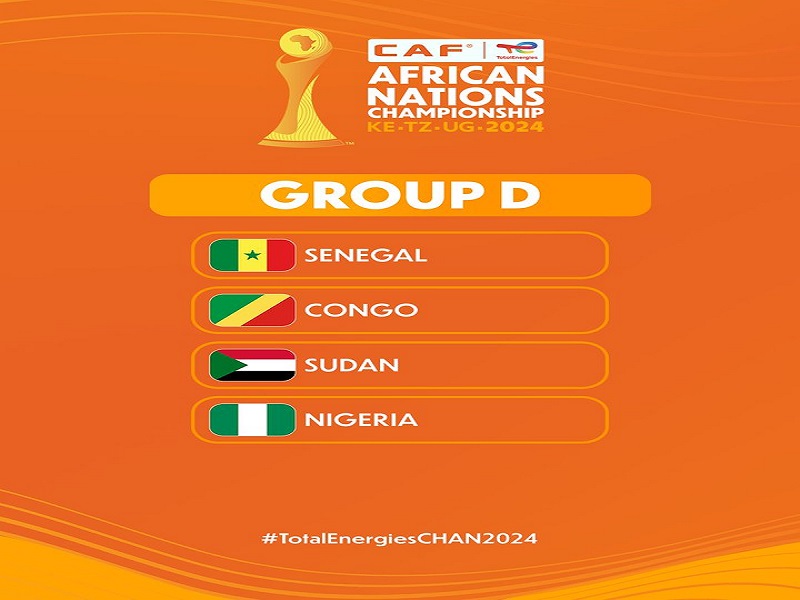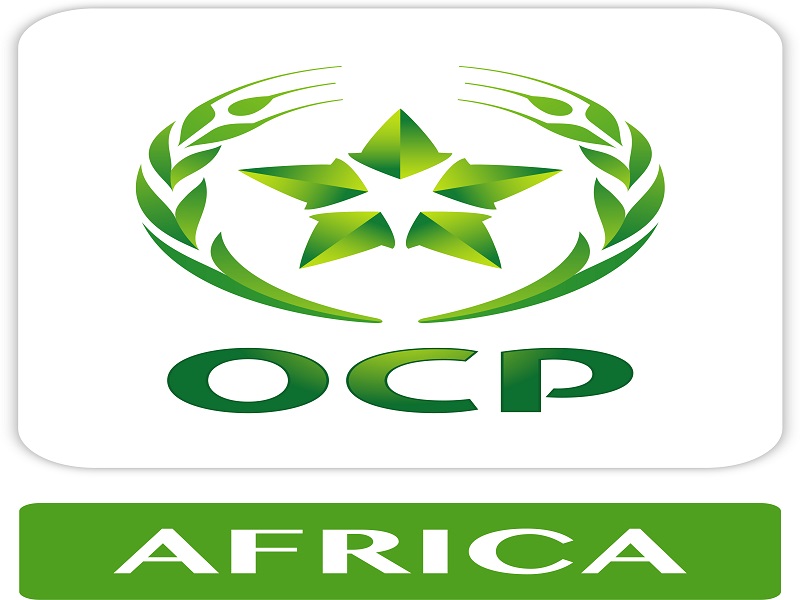Getting your daily dose of essential nutrients is one of the best things you can do to support your growing baby and lower your risk of pregnancy complications including anemia, gestational diabetes and preeclampsia. Luckily, filling your plate with a plethora of nutrients is easy — and chances are, you’re already eating plenty of top pregnancy foods like lean protein, whole grains and produce.
You’re probably already taking a prenatal vitamin and doing your best to maintain a healthy, balanced diet during pregnancy (despite dealing with that dreaded morning sickness). If so, you’re off to a great start!
Most pregnancy nutrition requirements are the same as they were pre-pregnancy, with a few minor tweaks.
Here’s your guide to all the essential nutrients you’ll need during pregnancy and beyond — and the best foods to put on your plate:
Calcium
Calcium is the most abundant mineral in the body, with 99 percent stored in the bones and teeth and fewer than 1 percent in the blood and other soft tissues.
Why You Need Calcium During Pregnancy: Your growing baby gets all the calcium she needs from your body, mainly for her developing bones and teeth. That means if you’re not getting the right amounts in your diet, your body will leach calcium from your own bones, making you more susceptible to osteoporosis.
Choline
Choline is a vitamin-like essential nutrient that’s involved in many physiological processes, including the production of neurotransmitters in the brain. It’s also needed to make phospholipids, which help with the structure of cell membranes.
Why You Need Choline During Pregnancy: Choline is vital for fetal brain development — specifically the memory center of the brain. It can also affect cognition later in life — good for the aging brain, too! Some studies have shown adequate choline intake during pregnancy decreases the risk of neural tube defects.
Copper
Copper is an essential trace mineral and micronutrient necessary for the proper growth, development and maintenance of bone, brain, heart and organ tissue.
Why You Need Copper : Copper is especially important during pregnancy, when your blood supply doubles, and your energy levels drop. This trace element also helps in creating your baby’s heart, blood vessels and cells, as well as nervous, immune and skeletal systems.
Docosahexaenoic Acid (DHA)
DHA is one of the omega-3 fatty acids found throughout the body, mainly in the brain and eyes.
Why You Need DHA: DHA is a key omega-3 fatty acid for visual and mental development of the fetus and newborn infant. Around week 8, your baby’s eye structure is becoming more complex, and the retina — the layer of tissue at the back of the eye that perceives and processes light — is beginning to form, making it an excellent time to bulk up on DHA.
Fiber
Your body doesn’t digest this type of carbohydrate, but it’s essential because it helps food move efficiently through your system, delivering other nutrients to the organs that need them.
Why You Need Fiber: Fiber-rich foods are especially helpful during pregnancy, as they work to regulate blood sugar levels and prevent gestational diabetes. Plus, fiber can lower the risk of high blood pressure and may help protect against preeclampsia. An added bonus of continuing to get enough fiber during all 40 (or 40-plus) weeks of pregnancy? It may help with an unsettled tummy and does wonders for the constipation that often plagues expectant moms.
Folic Acid (vitamin B9)
Folic acid isn’t just important when you’re trying to conceive or early on in your pregnancy. You’ll want to fill up on it throughout the next nine months, since it plays an important role in the production of red blood cells and helps your baby’s brain and spinal cord develop properly.
Folic acid helps the body break down, use and create protein, the building block of our cells. It also plays a role in DNA creation and assists in the formation of your baby’s heart and circulatory system. Early in pregnancy, it can reduce the risk of neural tube defects like spina bifida.
Why You Need Folic Acid: Because most birth defects develop in the first few weeks of pregnancy, it’s more important than ever to load up as early as possible.
Iron
Iron is an important mineral that’s part of the protein hemoglobin, which is found in red blood cells and is tasked with transferring oxygen from the lungs to the tissues and returning carbon dioxide from the tissues back to the lungs. Iron also plays a role in growth, development, cell functioning and building hormones and connective tissue.
Magnesium
Magnesium is an essential mineral that helps regulate almost every system in the body. It works in combination with calcium to relax and contract muscles.
Potassium
This mineral is found in many delicious food sources and is one of seven essential macrominerals, along with calcium, magnesium, phosphorus, sodium, chloride and sulfur. It’s tasked with maintaining proper organ function.
Protein
Protein is the basic material of all living cells. It’s made up of amino acids and is a key component in all the tissues of the body, helping to repair and build muscle, bone, skin, hair, nails and blood. It’s also involved in creating and regulating hormones, enzymes and chemical reactions within our bodies.
Selenium
Selenium is an essential trace mineral and an antioxidant important in reproduction, thyroid hormone metabolism, DNA synthesis and protection from oxidative damage and infection.
Sodium
Sodium is one of two minerals found in table salt that works to regulate the body’s fluid, temperature and pH levels. Without enough sodium, your muscles, nerves and organs wouldn’t function properly, but most Americans consume more than they need.
Vitamin A
Vitamin A is really a powerful group of fat-soluble vitamins and antioxidants — including retinol, retinal and retinoic acids — that are crucial to the immune, visual, reproductive and cellular systems.
Vitamin B1 (thiamin)
Vitamin B1, also known as thiamin, is a water-soluble B-complex vitamin involved in many bodily functions, including the nervous system, heart and muscles. Thiamin is also important in the flow of electrolytes in and out of nerve and muscle cells, enzymatic processes and carbohydrate metabolism.
Credit; Leadership































































